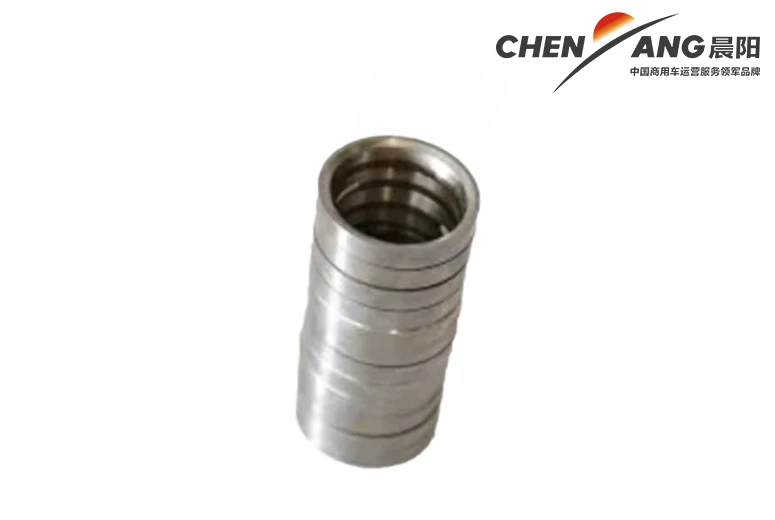contactor coil
Understanding Contactor Coils Essential Components in Electrical Systems
In the realm of electrical and automation systems, contactor coils play a pivotal role in the efficient functioning of various devices and machinery. These coils, which are integral to contactors, act as the electromagnetic components that enable the switching of electrical circuits. This article delves into the significance of contactor coils, their operation, applications, and maintenance considerations.
What is a Contactor Coil?
A contactor coil is essentially an electromagnetic coil that forms the core of a contactor switch. When electric current flows through the coil, it generates a magnetic field that attracts a movable armature. This action causes the contacts within the contactor to close, allowing current to flow through the circuit. Conversely, when the current is removed, the magnetic field collapses, and the contacts open, interrupting the flow of electricity. This simple yet effective mechanism allows for the control of high-current loads using relatively low-current signals.
How Do Contactor Coils Work?
The operation of contactor coils relies on the principles of electromagnetism. When voltage is applied to the coil, it creates a magnetic field around the coil wire. The strength of this magnetic field is directly proportional to the current flowing through the coil. The design of the contactor coil—such as its size, number of turns, and the core material—determines how effectively it operates.
There are typically two main types of coils used in contactors alternating current (AC) coils and direct current (DC) coils. AC coils are designed to operate with sinusoidal AC voltage and are often used in industrial applications. However, they can experience a phenomenon known as “chatter,” where the contacts rapidly open and close due to the alternating nature of the current. In contrast, DC coils provide a more stable operation as the current remains constant, resulting in a smoother engagement and disengagement of the contacts.
Applications of Contactor Coils
Contactor coils are widely utilized across various industries, including manufacturing, construction, and automotive sectors. They are commonly found in
contactor coil

1. Motor Control Centers Contactor coils control the power delivered to motors, allowing for the safe start and stop of motor operations without requiring manual intervention. 2. Heating and Cooling Systems In HVAC systems, contactor coils regulate power to compressors and fans, enabling efficient temperature control.
3. Lighting Control In commercial buildings, contactor coils can manage lighting circuits, allowing for centralized control and energy savings through automation.
4. Agricultural Machinery Mobile equipment such as tractors and harvesters utilize contactor coils to activate various electrical components.
Maintenance and Troubleshooting
Maintaining contactor coils is crucial for ensuring their longevity and reliability. Regularly inspecting the coils for signs of wear, overheating, or physical damage can prevent system failures. It is also essential to check the terminal connections for corrosion or loosening, which can hinder performance.
In troubleshooting, if a contactor fails to operate, checking the coil for continuity using a multimeter can help identify issues. A coil that does not show continuity may need replacement, as it can lead to system downtime and inefficiencies.
Conclusion
Contactor coils are fundamental components that facilitate the control of electrical circuits in various applications. Understanding their operation, applications, and maintenance can ensure optimal performance and longevity. As industries continue to evolve and innovate, the importance of reliable contactor coils remains constant, underpinning safe and efficient electrical systems worldwide. Whether for powering motors, controlling HVAC systems, or streamlining industrial processes, these compact electromagnetic devices will continue to be a crucial element in modern technology.
-
SINOTRUK HOWO 84 Electric Dump Truck for Eco-Friendly Heavy HaulingNewsJul.26,2025
-
The Fast 16-Gear Manual Transmission Assembly for Heavy TrucksNewsJul.25,2025
-
Mercedes Benz Actros 1848 42 Tractor Truck for Sale - Reliable PerformanceNewsJul.24,2025
-
High-Quality Water Pump Assembly for Sinotruk Trucks – Durable & ReliableNewsJul.23,2025
-
Premium Truck Engine Antifreeze Coolant Fluid for Heavy Duty VehiclesNewsJul.22,2025
-
FOTON View G7 Mini Bus: Affordable & Spacious TransportNewsJul.22,2025
Popular products

























